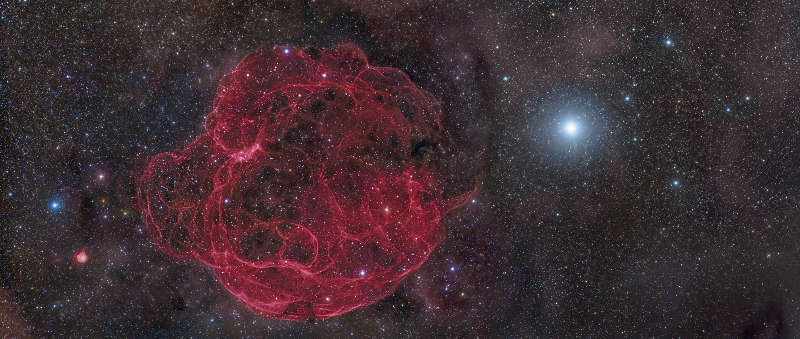FWP:
Disasters in the ghazal world almost always fall from the sky; thus the sky, and/or the stars, and/or one's fate, can be reproached for them, in a way that's not a (direct) complaint against God. (In fact 'disaster' itself etymologically means an 'ill-starred' situation, such as 'an unfavourable aspect of a star or planet' (OED p. 558).)
Bekhud Mohani is referring to the fact that udhar , 'that way', and idhar , 'this way', look just the same in Urdu script unless small vowel markers are added (which they usually aren't). Bekhud Mohani insists on udhar . On this reading, the stars are looking over 'that way', watching the earlier stages of the disasters in their long fall towards us. Only in the final stages would the disasters be near enough to us so that the stars' view would include us, and we'd notice a return of their usual gaze. And, of course, we might notice a huge group of falling balāʾeñ , perhaps made visible by the starlight.
Arshi too goes for udhar , and as a rule I follow his readings faithfully. But Ghalib almost never supplied such short-vowel markers himself, so in this case the vowel marker have almost certainly been supplied by Arshi (who after all doesn't hesitate to insert even English-style punctuation at his own pleasure). So I consider it perfectly possible to read the word as idhar as well.
If we read the word as idhar , we will read kyūñ as a negative exclamation ('What! Why would it be dark? Who says it's dark? It's not dark at all!'). That kind of exclamatory reading of kyūñ would be quite possible, and would make delightful use of the second line: tonight won't be dark, because there's a huge fall of disasters, and all the stars will have their eyes turned this way [idhar], riveted on us, watching in shock or horror.
When I first read this verse my immediate reaction was to
feel that the stars were averting their gaze from us, out of helpless sympathy
for our peril. They couldn't bear to watch, and were prudently turning their
eyes elsewhere. That's still my favorite interpretation.

Nazm:
In the first line is a question and answer; that is, the reason for the darkness of the night of grief is that even more disasters are coming down from the heights of the heavens, and in order to see the spectacle of their descent, the stars have turned their gaze from this direction to that. That is, they're coming down in such numbers that it's worth seeing, like a fair. (15)
== Nazm page 15